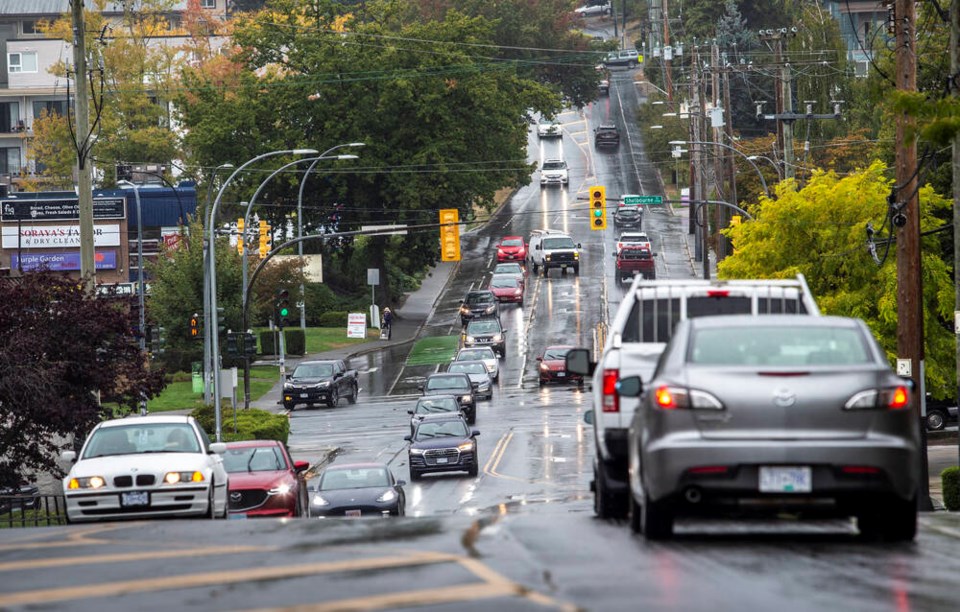With the 2020 election safely behind them, our NDP government is beginning to display the same radicalism and deafness that brought the party down the last time it formed a majority administration.
Some of that previous fall from grace had to do with scandals. Fast Ferries, Bingogate, the fudget budget and rampant fiscal mismanagement played a part.
But there was also a sense that after years in the wilderness, the activist wing of the party were bursting to impose their sense of social justice with every weapon at their disposal.
Whole areas of policy, including taxation, welfare programs and collective bargaining were restructured, often without regard for broader public opinion.
The result was that in the 2001 election, after two terms in office, the NDP were nearly wiped out, taking just two seats in the legislature, and only 22 per cent of the vote. If the party doesn’t rein in its wild horses now, a similar fate seems likely.
First off, we’re back to deficit financing again, at levels never before contemplated, and with no end in sight.
Then it was decreed that by 2040, all vehicles purchased in sa国际传媒 must be electric. How that is to be achieved is anyone’s guess, since the vast majority of those vehicles are built elsewhere. Does the government expect the U.S., Japan or Germany to heed its strictures?
Along with that, there is to be a 25 per cent reduction in light vehicle traffic by 2030. No word on how that could be accomplished either, or the impact on people for whom car ownership is a must.
I have no idea where the statutory authority lies to tell people what kind of car they must buy, or how far they can drive it.
sa国际传媒’s freedom of information regime, already on life support, is being gutted.
For years, health researchers struggled to coax data out of our cumbersome FOI maze. Some medical students completed their training before stats they’d requested came through.
Now a $25 fee is being imposed for any FOI request. The clear intent is to make it even more difficult to find out what our politicians are up to.
The freedom of information commissioner vehemently opposed these and other changes. But he was ignored.
And now we learn that the government is eliminating the statutory provision requiring municipalities to hold public hearings before making zoning changes. The argument is that this will speed up home building.
Perhaps it will. But there’s more here than meets the eye.
The objective is not just to build more houses. It is to bring an end to what poverty groups call “exclusionary zoning”.
The idea is that zoning city suburbs single-family neighbourhoods confers an unfair advantage on those who can afford to live in such exclusive districts.
End public hearings, and it becomes possible for municipalities to radically alter the character of residential neighbourhoods in the name of social justice, with no input from those most affected.
And this does appear to be a growing trend.
New Zealand has already banned single-family zoning in cities across the country. In the U.S., president Joe Biden has proposed a similar scheme, allowing apartment buildings to be erected on single-family streets.
The point here is not whether such a change in zoning philosophy is good public policy. The point is that it’s being rammed through in a manner that pays no heed to community sentiment.
And that, unfortunately, is increasingly the operating principle of this newly empowered NDP administration.
As Louis XIV liked to say, “L’état, c’est moi.”



